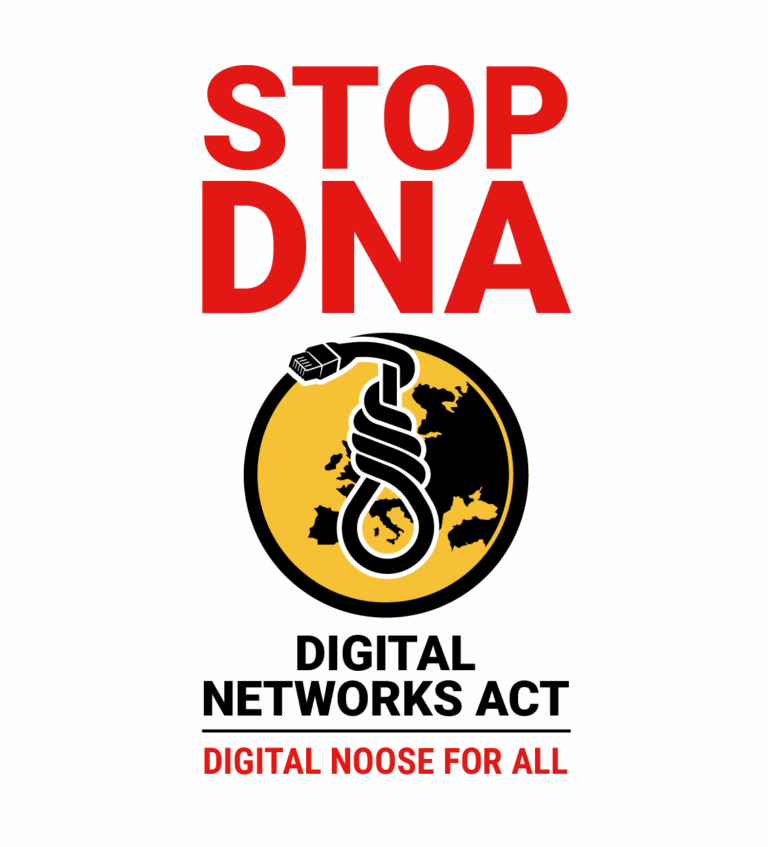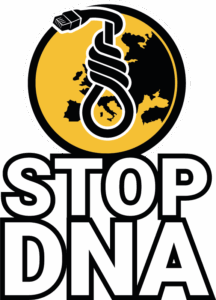heise online
Autore: Stefan Krempl
Major European telecommunications providers and industry associations are warning the EU Commission of the dramatic consequences of planned new laws and reforms.
The EU Commission’s plan for a Digital Networks Act (DNA) continues to cause displeasure. The Brussels government institution actually wants to use the plan to promote secure and fast high-speed networks, strengthen the internal market for telecommunications and further harmonize regulation. However, the initiative threatens to backfire, warn several major European telecommunications providers and industry associations in incendiary letters published on Thursday. They fear dramatic consequences for competition and the expansion of fiber optics in Europe.
The heads of telcos such as 1&1, Vodafone, Colt, Eurofiber, and Hutchison (Three) emphasize in a letter available to heise online that European regulation has so far pursued “a balance between competition” and incentives for long-term investments. These are necessary for the construction and operation of high-quality gigabit fiber optic fixed network connections. It is therefore worrying that the Commission is now proposing to “loosen the regulation of former fixed monopolies” by considering a DNA and a reform of the market recommendation for the sector. There is a threat of a step backwards.
In particular, the proposed deregulation of access to wholesale products of the top dogs would, according to the letter, “lead to renewed monopolization and hinder competition and investment in fixed network services, especially during the migration from copper to fibre“. The model of ex ante regulation must therefore be retained. Competitors would still need access to the physical infrastructure, including lines and masts.
Drastic effects?
The success of the European telecommunications market is based on “a balanced mix of market forces and appropriate, fact-based regulation”, associations such as Breko, VATM, MVNO, ECTA and AIIP also emphasize in their open letter. “Abandoning this model in favor of vague, untested alternatives would jeopardize Europe’s digital ambitions and its global competitiveness.” The EU must therefore “stick to proven solutions and only implement reforms where they are demonstrably necessary”.
The central point of criticism of the planned DNA is the significant relaxation of ex ante regulation for companies with considerable market power, such as Deutsche Telekom in Germany or Orange in France. This would “open the door for the old monopolists to further expand their dominant market position in Germany and abuse it harming competition”, says VATM Managing Director Frederic Ufer.
The industry insider also considers the planned changes to the definitions of wholesale services for the mass market and for business customers to be “highly explosive”. The vast majority of member states currently have strict requirements for this. Their deletion would come “at the worst possible time” and could “jeopardize the competitive supply of digital connectivity to the economy”. Overall, there is a threat of drastic effects from both initiatives, which are “anti-industry and anti-competitive at key points, jeopardize investment and are contrary to the system”. At the same time, there is criticism that the Commission wants to use the DNA to introduce the controversial data toll, aka big tech cost sharing for network expansion, through the back door.




